30.05.2019 19:53

КАБУЛ, 30 мая. В четверг участники межафганской встречи в Москве приняли совместное заявление по итогам переговоров о мире, продолжавшихся в течение двух дней, с 28 по 29 мая.
Как уже сообщал «Афганистан.Ру», на мероприятии присутствовали как представители легальных афганских политических кругов, так и делегаты запрещённого в России движения «Талибан».
Изначально стороны посетили встречу, посвящённую столетию российско-афганских дипломатических отношений – с этого началась дискуссия о мирном урегулировании многолетнего конфликта в республике. Впоследствии афганские участники встречи продолжили диалог за закрытыми дверями.
Как отмечается в последующем заявлении, в рамках двухдневной встречи были рассмотрены вопросы прекращения огня, освобождения заключённых, защиты мирного населения при боевых действиях, вывода иностранных войск и прекращения внешнего вмешательства в дела страны, задача сохранения национального суверенитета и защиты прав женщин.
Согласно отчётам, в ходе переговоров афганские политики предприняли попытку договориться с талибами о перемирии на время грядущего праздника Ид аль-Фитр, однако повстанческое движение отклонило инициативу, заявив, что в условиях иностранного военного присутствия подобные шаги невозможны.
Стороны заявили о прогрессе в переговорах по ряду вопросов, однако признали, что заключение конкретного соглашения потребует продолжения переговоров. В заключение участники договорились о новой межафганской встрече. Предполагается, что мероприятие состоится в Дохе, но точная дата его проведения пока остаётся несогласованной.
http://afghanistan.ru/doc/129576.html
http://creativecommons.org/licenses/by/3.0/legalcode

КАБУЛ, 30 мая. В четверг участники межафганской встречи в Москве приняли совместное заявление по итогам переговоров о мире, продолжавшихся в течение двух дней, с 28 по 29 мая.
Как уже сообщал «Афганистан.Ру», на мероприятии присутствовали как представители легальных афганских политических кругов, так и делегаты запрещённого в России движения «Талибан».
Изначально стороны посетили встречу, посвящённую столетию российско-афганских дипломатических отношений – с этого началась дискуссия о мирном урегулировании многолетнего конфликта в республике. Впоследствии афганские участники встречи продолжили диалог за закрытыми дверями.
Как отмечается в последующем заявлении, в рамках двухдневной встречи были рассмотрены вопросы прекращения огня, освобождения заключённых, защиты мирного населения при боевых действиях, вывода иностранных войск и прекращения внешнего вмешательства в дела страны, задача сохранения национального суверенитета и защиты прав женщин.
Согласно отчётам, в ходе переговоров афганские политики предприняли попытку договориться с талибами о перемирии на время грядущего праздника Ид аль-Фитр, однако повстанческое движение отклонило инициативу, заявив, что в условиях иностранного военного присутствия подобные шаги невозможны.
Стороны заявили о прогрессе в переговорах по ряду вопросов, однако признали, что заключение конкретного соглашения потребует продолжения переговоров. В заключение участники договорились о новой межафганской встрече. Предполагается, что мероприятие состоится в Дохе, но точная дата его проведения пока остаётся несогласованной.
http://afghanistan.ru/doc/129576.html
http://creativecommons.org/licenses/by/3.0/legalcode
















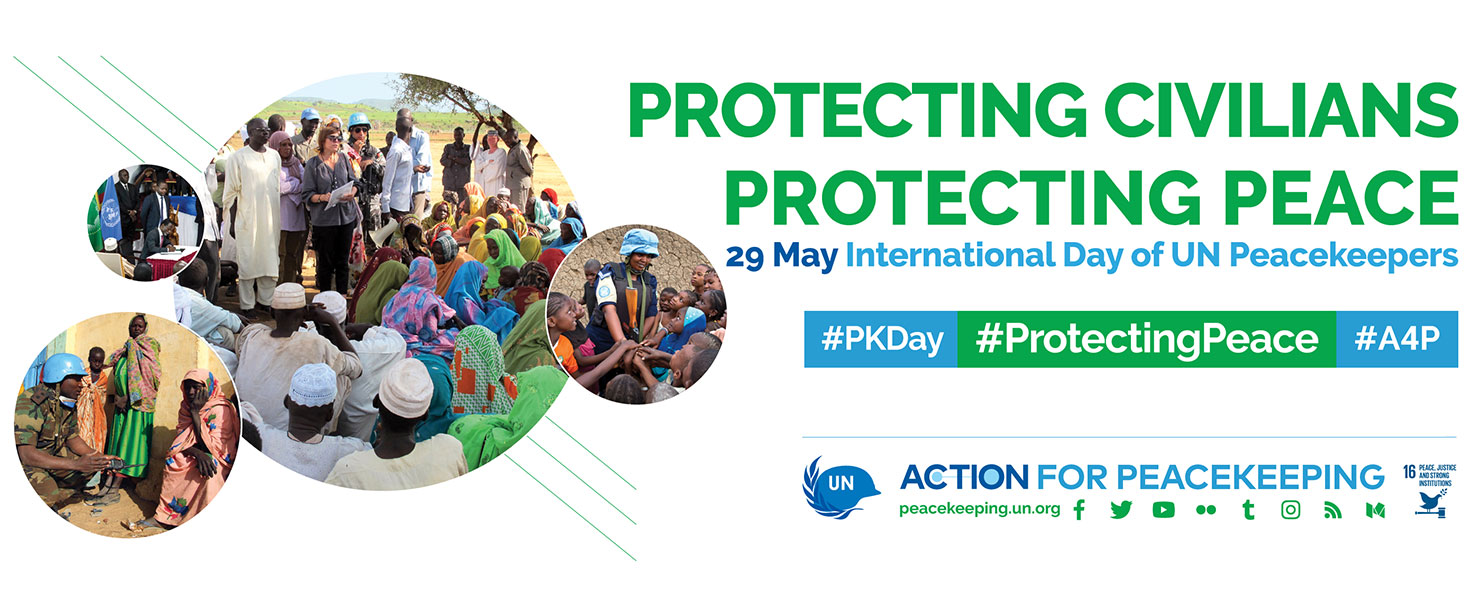

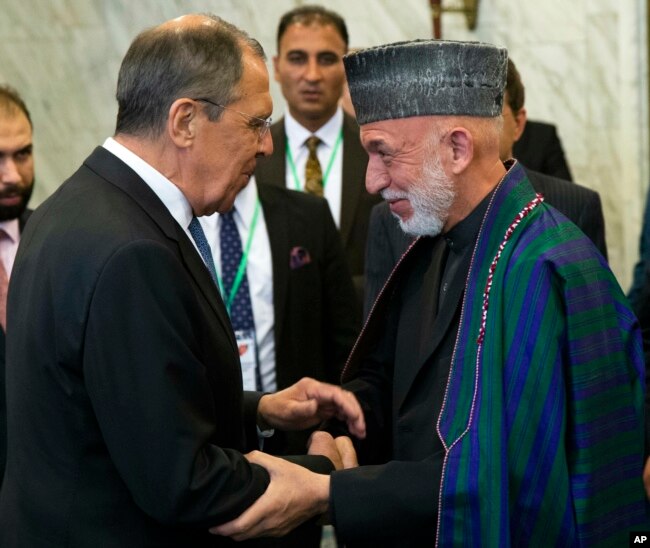
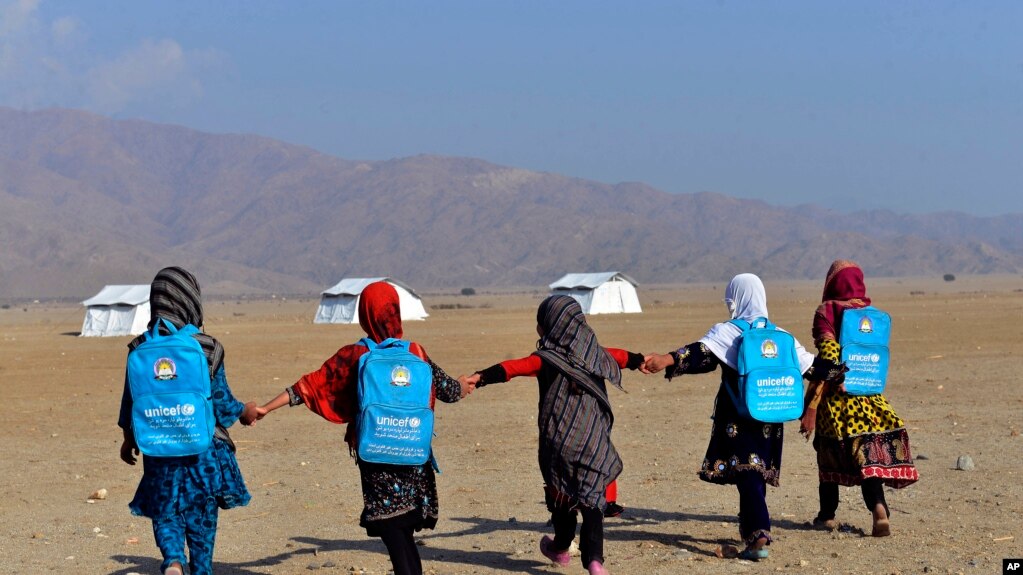
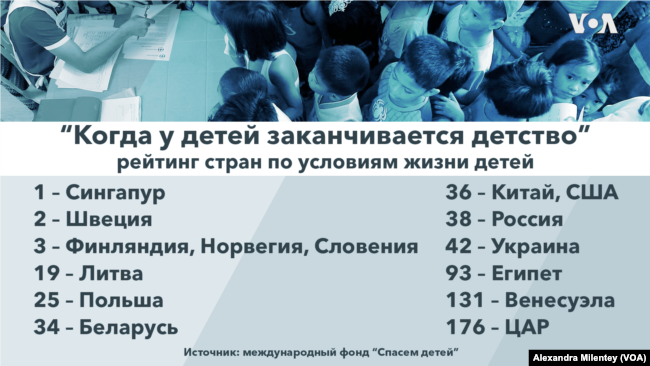
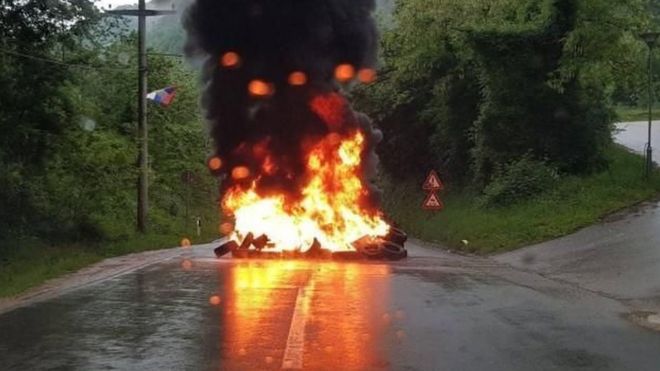 Правообладатель иллюстрации FONETImage captionБаррикада, возведенная жителями Зубина Потока на пути полицейских
Правообладатель иллюстрации FONETImage captionБаррикада, возведенная жителями Зубина Потока на пути полицейских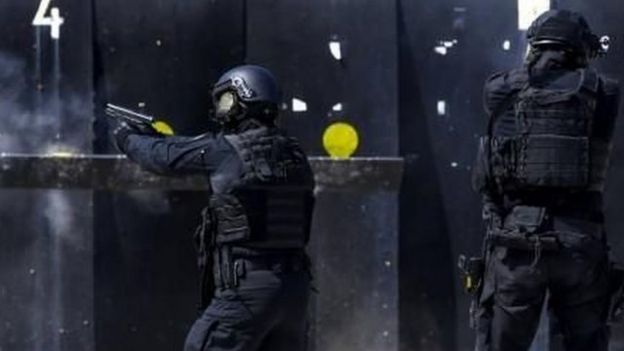 Правообладатель иллюстрации
Правообладатель иллюстрации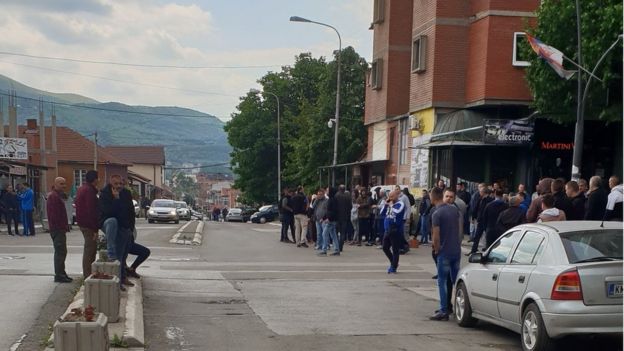 Правообладатель иллюстрации
Правообладатель иллюстрации 

